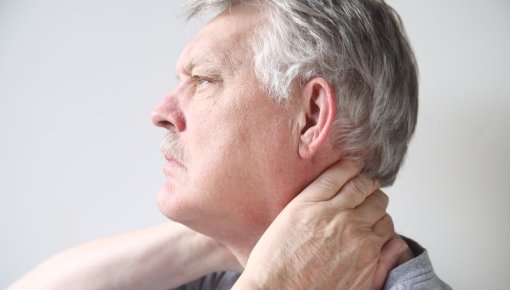Does light therapy (phototherapy) help reduce psoriasis symptoms?

UV light therapy can relieve the symptoms of psoriasis. But it involves quite a lot of effort because you need several sessions per week. Repeated and long-term light therapy can also increase the risk of skin cancer.
Psoriasis can often be kept under control with a good skincare routine and medication applied to the affected areas of skin. But this treatment doesn’t always help enough in people who have moderate to severe psoriasis. UV light therapy is then an option. This treatment, also known as phototherapy, can be used on its own or in combination with topical (externally applied) medication or tablets. It involves exposing the affected areas of skin to ultraviolet light (UV light). UV light reduces inflammation and slows the production of skin cells.
The treatment is usually given three times a week in a specialized dermatology practice or hospital. It takes place in special cabins with fluorescent lamps that emit UV light of a certain wavelength. There are also lamps that can be used to treat individual parts of your body, such as your head, hands or feet.
Tanning beds can't be used for light therapy because they don’t allow you to control the exact spectrum and dose of light you are exposed to.
